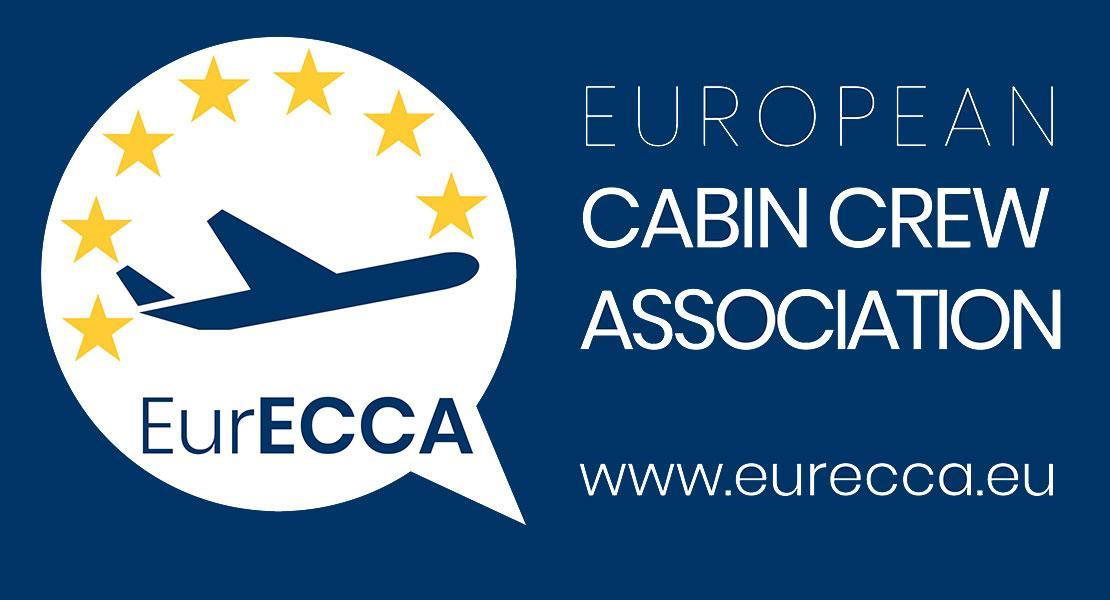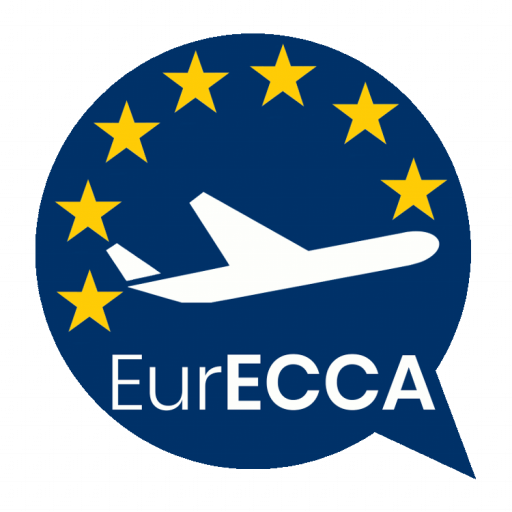Working through intermediaries/temporary agencies for aircrews
The use of temporary working agencies or intermediaries for aircrews highlights real dysfunctions in the application of the various European regulations legal framework on the applicable law, the legal jurisdiction competency, the coordination of social security systems and the posting of workers Directive 96/71/EC of 16 December 1996.
Recent developments in the aviation sector such as an increase in competition have had an impact on the aircrew workforce, in particular through the development of atypical forms of employment.
These atypical forms of aircrew employment were an exception not so long ago, and is now quickly spreading across all sections of the aviation industry, from low-cost carriers to legacy carriers.
Some airlines have implemented practices (such as hiring cabin crew through intermediaries or as self-employed or so-called “pay-to-fly” employees) which have an impact on the working and employment conditions of cabin crew and can give rise to legal uncertainty.
Cabin crews working for low-cost carriers (LCCs) are the most affected. In fact, LCCs are the biggest “users” of atypical employment through intermediaries/Temporary agencies.
The impact of such precarious forms of employment is many and varied, ranging from lower social and working conditions for crew, unfair competitive pressures. Also has led to legal uncertainties and the potential to disrupt the level playing field between airlines.
Some “unscrupulous” companies or even some Member States take advantage of this “patchwork” of regulations and their lack of precision and control by a competent authority to optimize their productivity gains and thus reduce their operating costs, to the detriment of aircrews, with the consequence to find themselves in precarious employment conditions. “Such employment schemes” monitored by the temporary working agencies encourage both social dumping and unfair competition.
The employment of cabin crews by temporary working agencies mainly used by low-cost airlines seems to be one of the ideal tools to circumvent the European regulations in force thanks to various possible interpretations under the pretext of a lack of clarification and control and a lack of harmonization on such topic and definition between the different Member States. For example, the use of employment through intermediaries sometimes makes it difficult for aircrew to identify their employer and establish the applicable law. They may benefit from different rights and protection levels according to the national legislation that applies to them.
Greater clarification in the enforcement of these rules to complex situations will improve legal certainty for workers and employers in the sector. It will also improve the implementation of EU and national rules by national authorities and courts. In order to provide urgent solutions to such dysfunctions, EurECCA calls for:
A/ Reinforcement of the applicable law and a strict respect of the principle “in which, falling that from which” as defined in Regulation 593/2008/EC;
B/ Harmonization and application of the Regulation on the posting of workers for aircrews according to 5 criteria’s (as described in the report: “The application of the EU posting rules to aircrew” by Van Olmen & Wynant in 2019):
- The posted aircrew worker has an employment relationship;
- The posting falls within the framework of Article 1.3 of the Posting of Workers Directive;
- The aircrew is posted under a temporary assignment;
- The posted aircrew is assigned to a secondary base in a Member State other than where he/she has his/her home base;
- The aircrew is supposed to return to the home base at the end of the posting and with the application of the hard cores rules of the hosting Member States:
a. Maximum work periods and minimum rest periods;
b. Minimum paid annual holidays;
c. The minimum rates of pay, including overtime rates; this point does not apply to supplementary occupational retirement pension schemes;
d. The conditions of hiring-out of workers, in particular the supply of workers by temporary employment undertakings;
e. Health, safety and hygiene at work;
f. Protective measures with regard to the terms and conditions of employment of pregnant women or women who have recently given birth, of children and of young people;
g. Equality of treatment between men and women and other provisions on non-discrimination.
C/ Publication of clear guidelines for the aviation sector in order to avoid the important problem of legal uncertainty with the result as the posting rules are not often applicable for aircrews.
D/ Given the transnational nature of air transport, the sector is especially exposed to potential non-compliance with applicable law and misapplication of EU legislation, principally because both capital (aircraft) and labour (aircrew) are highly mobile. Highly mobile aircrews moving from different « Home Base » between members states in very short time must be clearly defined as for the time being the posting rules do not apply to them. This leads to a precarious working situation as the lack of clear connection to the Member State lets the choice of the applicable law chosen/ imposed by the parties or the applicable law of the place of hiring. The difficulty is to prove a close link between aircrews and the other Member state. In that case, it is still difficult to apply the protections rules as described in Chapter 1, art. 8 of Rome 1 Regulation with the consequence that the applicable legislation would be the place of hiring.
E/ Reinforcement of the European Labour Authority with which still not covers the aviation industry since its establishment in 2019. In fact, discrepancies between EU Member States – in terms of legislation, inspections and supervision – not only put pressure on airline employees, but also obstruct the level playing field for airlines in Europe.
EurECCA asks for:
- Enforcement agencies at the national level (e.g., labour inspectorates, the courts, and tax and civil aviation authorities);
- Cross-border co-operation between the Member State where an airline registers its principal place of business and the Member States where the same airline operates multiple (‘home’) bases for aircrew;
- Pan-European agencies such as the European Commission, Eurojust, Europol and the European Labour Authority;
- Social partners involvement at the national and European levels.
This lack of control at the European level allows some Temporary Working Agencies to use self-employed or bogus self-employed cabin crew which do not fall under the posting rules and also escape the scope of employment law in general. This could easily be addressed if national civil aviation authorities and labour inspectorates intensified their activities and cooperated both nationally and transnationally.
As a conclusion, “social dumping” occurs ‘when EU airlines organize employment models, terms of employment, and company structures to take advantage of differences between the rules of Member States, including the implementation, understanding, and administration of the EU regulatory framework, meaning that it can be described more accurately as “rule shopping”
According to EurECCA, it is therefore necessary to ban this form of atypical employment and establish direct employment as the norm.
EurECCA represents, protects and develops the rights and needs of cabin crew all over Europe
About EurECCA: established in Brussels in 2014, the European Cabin Crew Association, EurECCA, represents, protects and develops the rights and needs of cabin crew all over Europe. It is composed of cabin crew unions from European Union Member States as well as accession and bordering states, and represents some 33,000 cabin crew accounting for 70% of all organised cabin crew in Europe. EurECCA has no political connections. EurECCA’s work is mainly around cabin crew and passenger safety and cabin crew health and work and living conditions.


